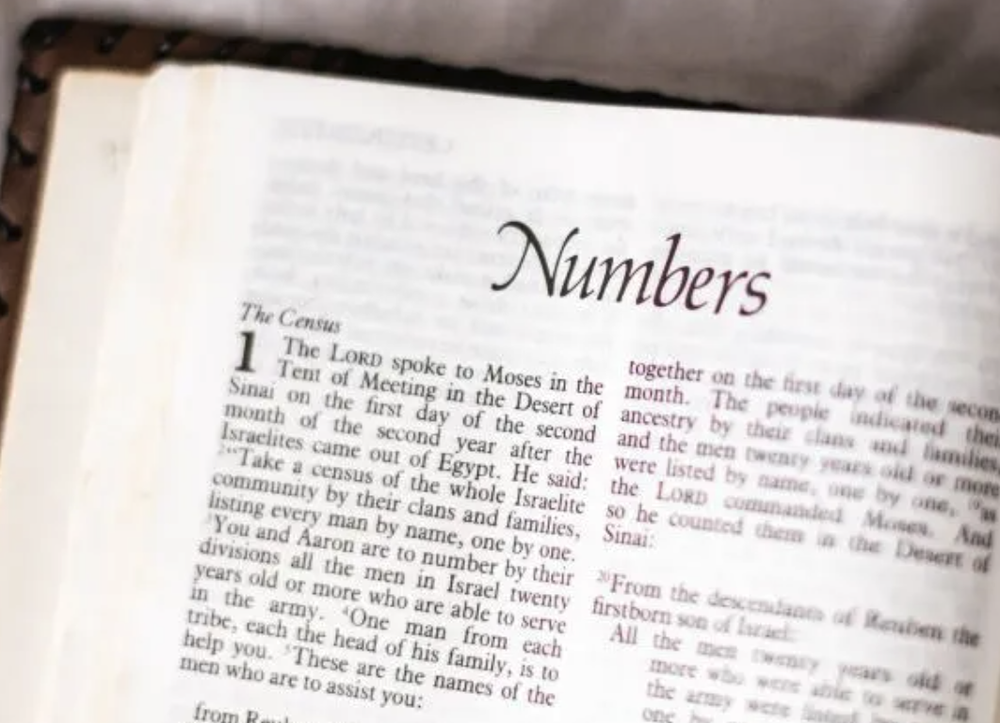With all-important developments in the Middle East and Ukraine, it seems off-kilter to state that another major international story is being severely neglected, and has long been so. But such is The Guy’s opinion about mainstream media neglect of the waves of evidence for ongoing global persecution of Christians, on which we now have a Nov. 1 news peg.
A previous GetReligion Memo addressed the plight of Armenian Christians within Islamic Azerbaijan. That’s just one of many tragedies detailed in the annual “Persecutors of the Year” report for 2023, just issued by International Christian Concern (ICC).
Yes, followers of other world religions also face inexcusable abuse in several nations. The parallel 2023 report produced last May by the federal government’s independent U.S. Commission on International Religious Freedom (USCIRF), which is also important to check out, emphasizes the plight of both Christians and other minorities in Iran but “sounds the alarm regarding the deterioration of religious freedom conditions in a range of other countries.” Click here for that report (.pdf).
But the scale is distinctive if, as ICC reports, “there are an estimated 200 to 300 million Christians who suffer persecution worldwide.” There’s corroboration of such a vast problem in the latest edition of the “World Christian Encyclopedia.”
The overall global scenario warrants coverage, but many specific situations are newsworthy.
In ICC’s estimation, the world’s five worst individual persecutors today are Yogi Adityanath, the Hindu chief minister of India’s most populous state; Isaias Afwerki, Eritrea’s dictator; the better-known President Recep Tayyip Erdogan of Turkey and atheistic Communist dictators Xi Jinping of China and Kim Jong Un of North Korea.
Here’s the ICC list of the most bloodthirsty non-governmental organizations: Allied Democratic Forces (Islamic State affiliate operating in Congo and Uganda), Al-Shabab (al-Qaida affiliate in Somalia), ethnic Fulani jihadists in Nigeria, the five terrorist groups jointly disrupting Africa’s Sahel region, the Tatmadaw (Myanmar’s army) and the famous Taliban who again rule Afghanistan.
The ICC material from 50 researchers, half at Washington headquarters and half working overseas, shows that action against Christians is frequently linked with oppression of ethnic minorities and of political dissenters.










